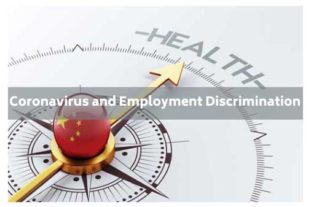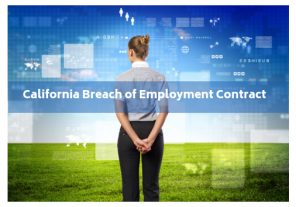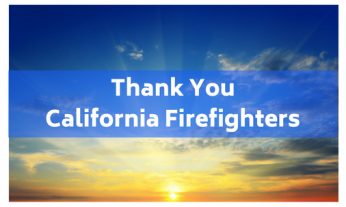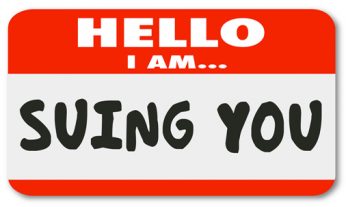 Coronavirus related anxiety is palpable. The worldwide growth of those infected and those that have died from the virus has been exponential. With travel bans and World Health Organization alarms ringing, it is natural that fears related to the virus and its symptoms abound. But when those fears become outright cases of xenophobia, it is a real problem. If your workplace no longer feels safe because of prejudice and unfounded fears directed toward people of Asian descent, it is an issue that may require the assistance of a local employment attorney.
Coronavirus related anxiety is palpable. The worldwide growth of those infected and those that have died from the virus has been exponential. With travel bans and World Health Organization alarms ringing, it is natural that fears related to the virus and its symptoms abound. But when those fears become outright cases of xenophobia, it is a real problem. If your workplace no longer feels safe because of prejudice and unfounded fears directed toward people of Asian descent, it is an issue that may require the assistance of a local employment attorney.
Common Maybe, but Not Normal
The University of California Berkeley Health Services made a serious mistake when they sent out an Instagram post to students telling them that bias and bigotry are normal and common when facing the coronavirus. The university surely realized as much, leading to their quick deletion of the post. The fact is, while it may be true that many Americans experience bias and bigotry, it is not normal, and is certainly not acceptable. The unfortunate truth is, Western culture sometimes reverts to unreasonable xenophobia when faced with such issues, and it is not a pretty sight.
A Comparison of Health Issues
The flu season this year in the United States has resulted in 19 million ill individuals, 180,000 people being hospitalized, and 10,000 fatalities. Yes, the coronavirus has deadly potential and it is important to have some perspective when considering the potential issues related to coronavirus.
Workplace Issues
What is an employer to do? There certainly is a real issue confronting us; an epidemic apparently originating in Wuhan, China, is wreaking havoc worldwide. Actions have been taken to shut down non essential businesses, limit travel and shelter in place. Confirmed coronavirus cases continue to mount here in America. Employers of essential businesses have a responsibility to keep the workplace safe even in the face of a frightening epidemic. Common sense practices like regular hand-washing are appropriate. Here is what is not:
- Just because an employee is of Asian descent, it does not mean they are carriers of the coronavirus. If your employee has not been to China in recent weeks, there is no need to treat them any differently than any other employee. Ostracizing such employees by word or deed is both improper and illegal. That is true for all employees, regardless of nationality.
- Allowing employee gossip to flourish can be extremely damaging to employee morale and performance. If an employer is aware of unfounded rumors related to Asian-American employees and coronavirus, those rumors must be dealt with promptly. Failure to do so could result in legal action.









